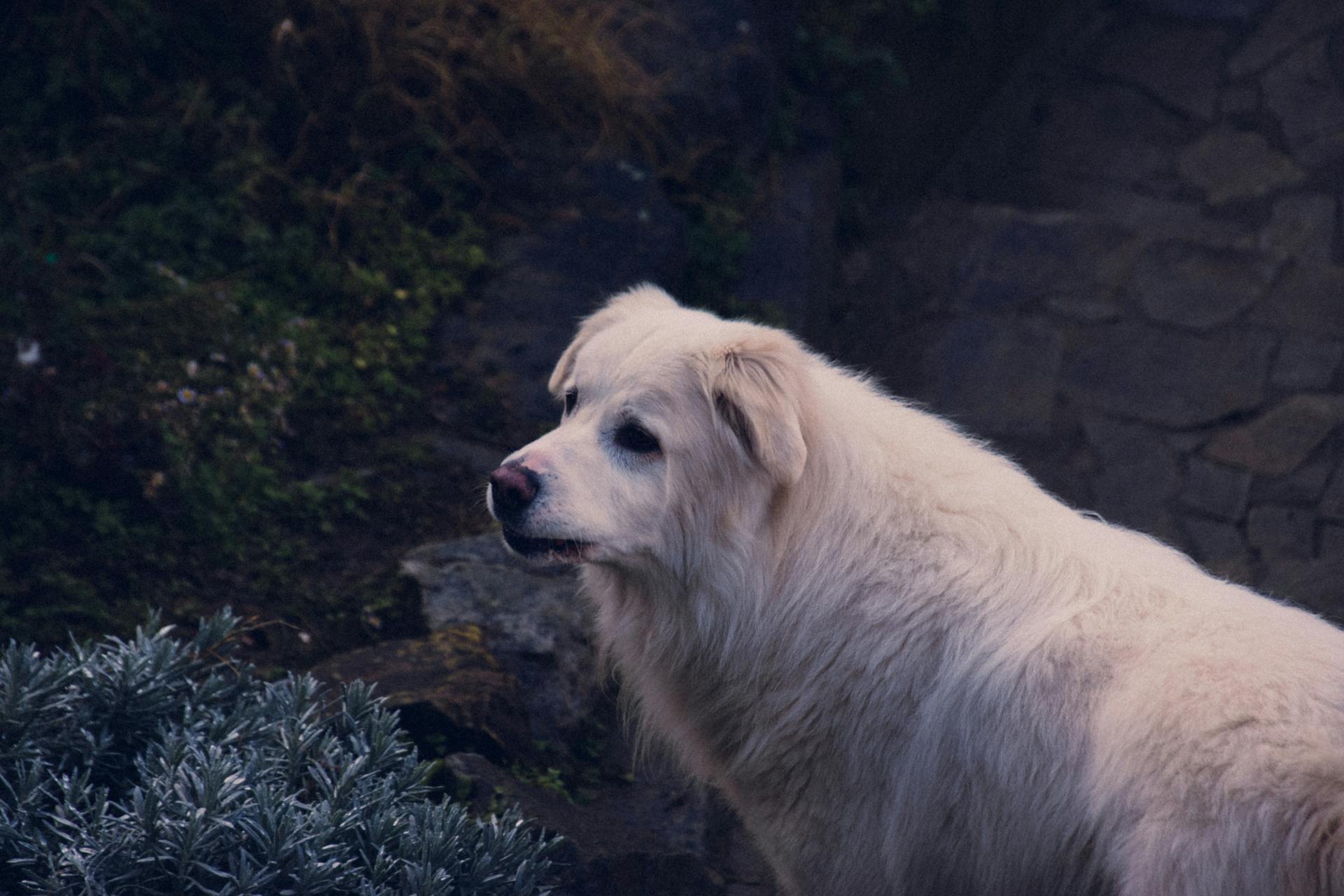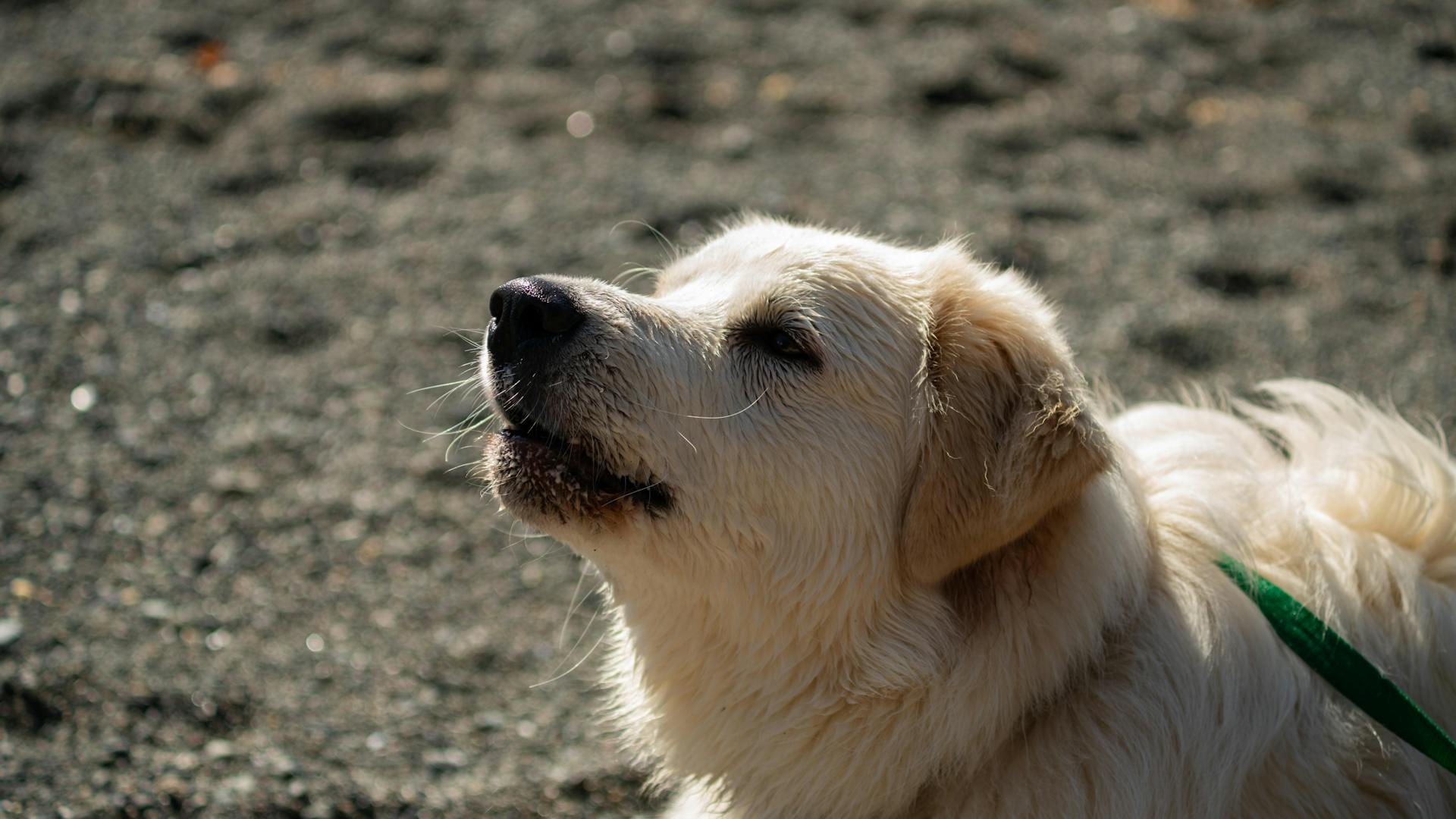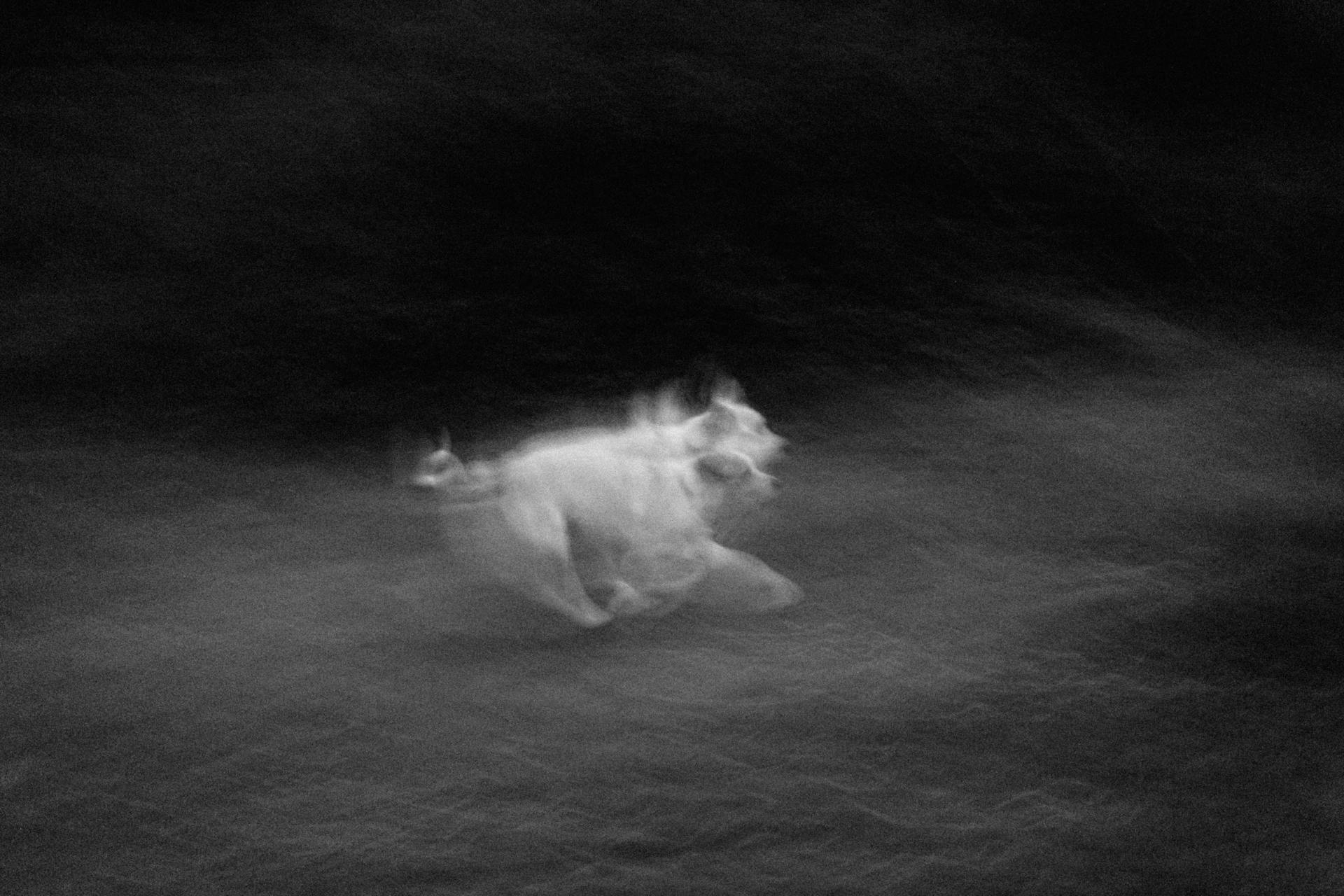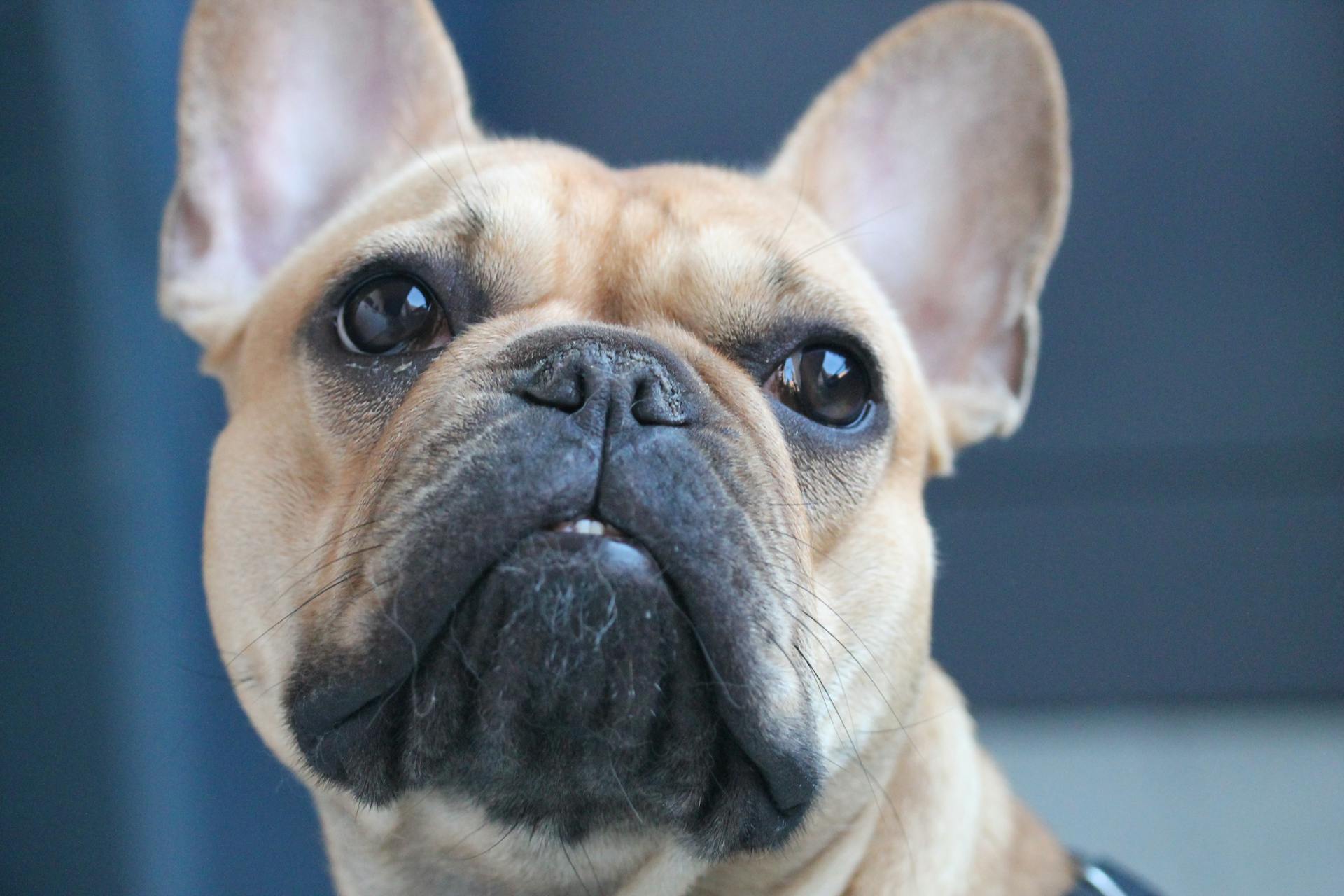
The Maremma Sheepdog is an ancient breed with a rich history, originating from Italy over 2,000 years ago. They were originally bred to guard sheep against predators.
Their loyalty and protective instincts make them excellent watchdogs, but they can be wary of strangers.
Maremma Sheepdogs are large dogs, typically weighing between 70-110 pounds and standing 23-28 inches tall at the shoulder.
Dog Temperament and Behavior
The Maremma Sheepdog is a gentle giant, known for its polite nature and dedication to its family. They are extremely smart and understand their duty to be alert and protective.
Maremmas are loyal and dependable, often spending as much time as possible by their companion's side. They have a strong sense of independence, which can make them discerning in new social situations.
With proper socialization, Maremmas can learn to tell a friend from a foe with stunning accuracy. However, without socialization, they can become overprotective and wary of strangers.
These dogs typically don't engage in unprovoked aggression, but they can be cautious of strangers as they try to determine friend from foe. As they age, they tend to become less worried and involved in interactions with strangers.
Maremmas need authoritative training from an early age to gain respect and avoid becoming the pack leader. They require loads of exercise in various locations to satisfy their love of roaming and high stamina.
The Maremma Sheepdog is not very affectionate, but they can be surprisingly good with children they live with.
Care and Maintenance
To keep your Maremma Sheepdog happy and healthy, regular exercise is a must. A daily 30-minute walk should be enough to keep them satisfied, especially if they can spend a few hours a day outdoors in a fenced yard or on the farm.
Their double coat requires regular grooming to prevent matting and reduce shedding. Brush their coat a few times a week, and more frequently during shedding seasons.
To prevent health issues, it's essential to feed your Maremma correctly as they grow, avoiding overly vigorous exercise while they're still young. This can help prevent conditions like elbow and hip dysplasia.
For more insights, see: Shetland Sheepdog Shedding
Looking After Me

Maremmas are generally healthy dogs, but there are some health concerns to look out for, such as elbow and hip dysplasia.
Hip dysplasia is a condition where the thighbone doesn't fit properly into the hip joint, and it can be inherited. Some dogs may display symptoms like lameness on one or both rear legs and outward signs of pain.
Elbow dysplasia can be caused by abnormalities during growth and development, and it's similar to hip dysplasia in that it can be prevented by feeding your dog correctly and avoiding overly vigorous exercise while they're young.
Regular X-rays at the vet can help detect hip dysplasia, so it's a good idea to schedule them intermittently.
Maremmas can be sensitive to tick and flea sprays, which can make them itch when they live outside. Regular baths can help prevent build up and irritations from these sprays.
Brushing their coat a few times a week is essential to prevent matting and reduce shedding, especially during shedding seasons.
Exercise Needs

Maremma Sheepdogs require a lot of exercise both mentally and physically to stay healthy and happy.
A daily 30-minute walk is a great way to keep your Maremma happy, especially if they can spend a few hours a day outside in a fenced yard or on the farm.
They love to run, play, and engage in outdoor activities like fetching and playing outside.
Providing them with adequate physical exercise will help consume their energy positively and prevent issues like elbow and hip dysplasia, which can develop if they grow too quickly.
Regular exercise can also help prevent the buildup of tick and flea spray irritations, which can be a problem for Maremmas that live outside.
Maremmas thrive when they have a job or purpose, so consider enrolling them in dog sports, obedience training, or therapy work to keep them busy and stress-free.
Training and Socialization
Training a Maremma Sheepdog is crucial for their success as a family pet. They are intelligent and independent thinkers, making obedience training and socialization a top priority.
A different take: Pros and Cons of a Shock Collar
Start socializing your Maremma Sheepdog from a young age, exposing them to various people, animals, and environments to help them become well-rounded and confident dogs. This will prevent destructive and uncontrollable behavior later on.
Puppyhood is the time to make obedience training and socialization a priority, as Maremma Sheepdog puppies are naturally reserved and need guidance to become well-adjusted adult dogs.
Puppy Training and Socialization
Training and socialization are essential for raising a well-rounded, well-behaved Maremma Sheepdog.
Obedience training should begin by about 8 weeks of age to help your dog develop good habits and prevent bad ones.
Patience and a firm yet loving hand are necessary for success in training your Maremma Sheepdog.
Working with a professional trainer or investing in training guides can increase training effectiveness and efficiency overall.
Maremma Sheepdogs are intelligent and independent thinkers, making training and socialization crucial for their success as family pets.
Start socializing your Maremma Sheepdog from a young age to help them become well-rounded and confident dogs.
Consider reading: Pros and Cons of Crate Training
Expose them to various people, animals, and environments to help them develop good social skills.
Puppyhood is the time to make obedience training and socialization a priority, as Maremma Sheepdog puppies can grow up to be destructive, uncontrollable, and aloof with strangers if not properly trained.
These proud, protective dogs have a natural instinct to protect their pack members, which are those they live with, so it's essential to teach them how to properly direct their energy.
Assistance Dogs
Assistance Dogs are a vital part of many people's lives, providing support and companionship to individuals with disabilities or special needs.
Some Maremma Sheepdogs are trained as therapy or assistance dogs, offering comfort and emotional support to those who need it most.
These dogs are trained to assist people with a range of needs, from mobility issues to mental health conditions, and are an invaluable resource for many families.
With their calm and gentle nature, Maremma Sheepdogs make excellent therapy dogs, helping to bring joy and comfort to those they meet.
Frequently Asked Questions
Are Maremma good house dogs?
Yes, Maremma Sheepdogs can make great house dogs, but they require an active and experienced owner who can provide the necessary training and attention. They are loyal and protective, but also gentle with children, making them a unique and rewarding addition to the right family.
What are the health issues with Maremma Sheepdogs?
Maremma Sheepdogs are prone to joint issues like hip and elbow dysplasia, as well as eye problems like entropian and ectropian. They also have a higher risk of gastric torsion, patellar luxation, and other health concerns
Can Maremmas be left alone?
Maremmas should not be left alone, especially when young, as they require supervision to prevent injury and boredom. Leaving a Maremma unattended can lead to destructive behavior and stress.
Featured Images: pexels.com


